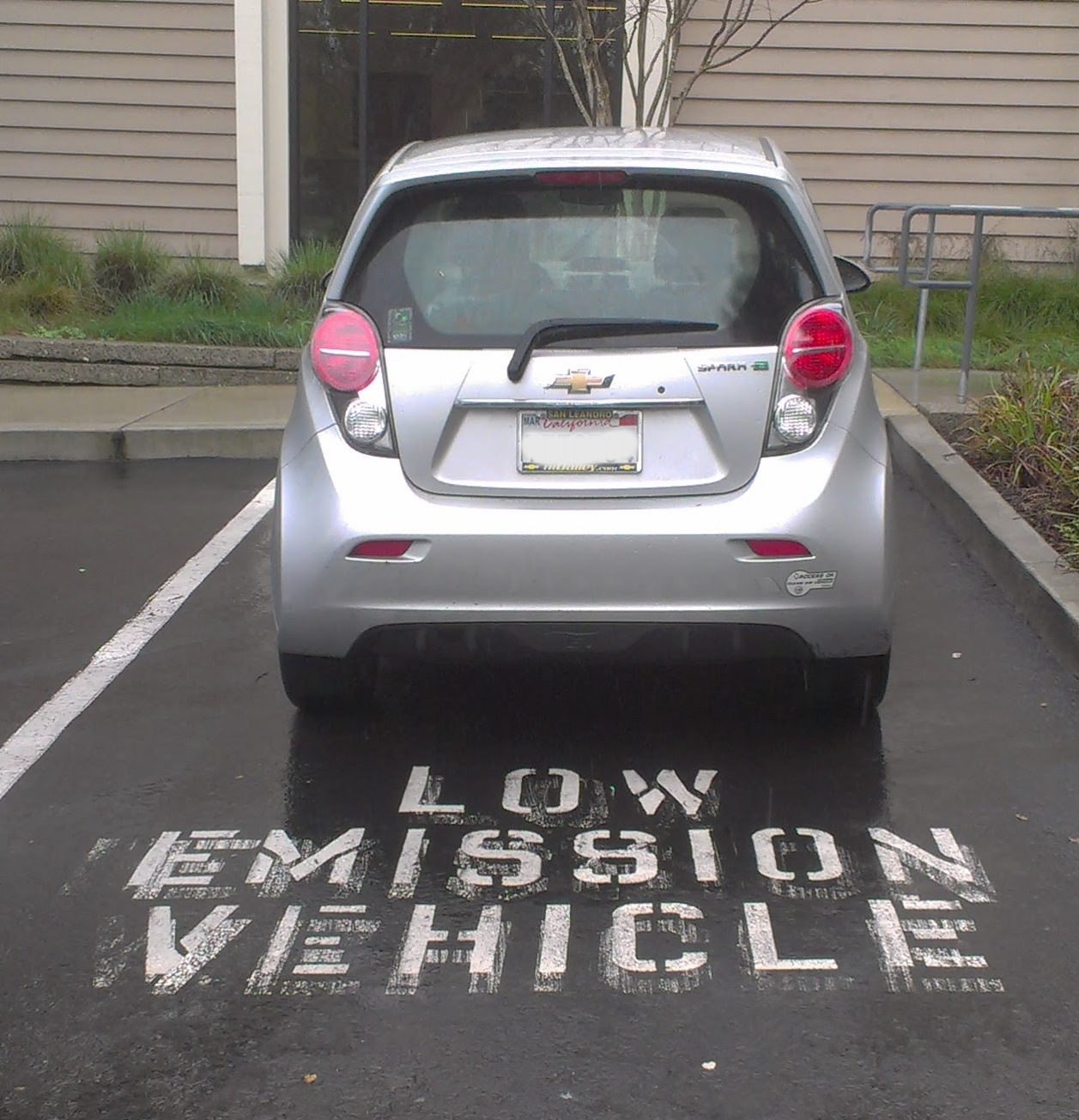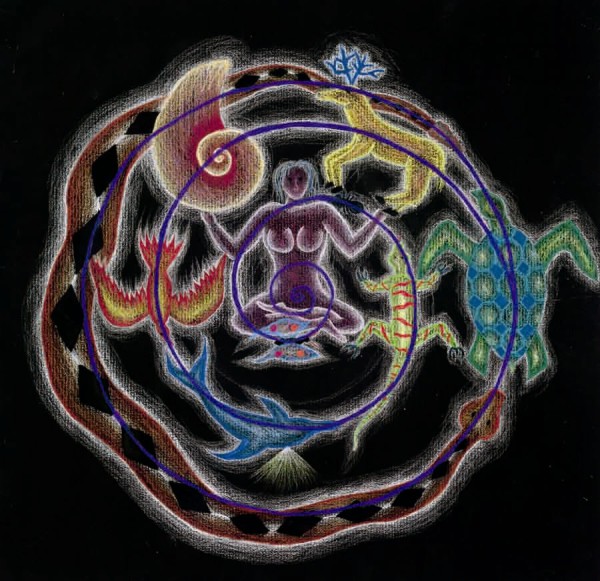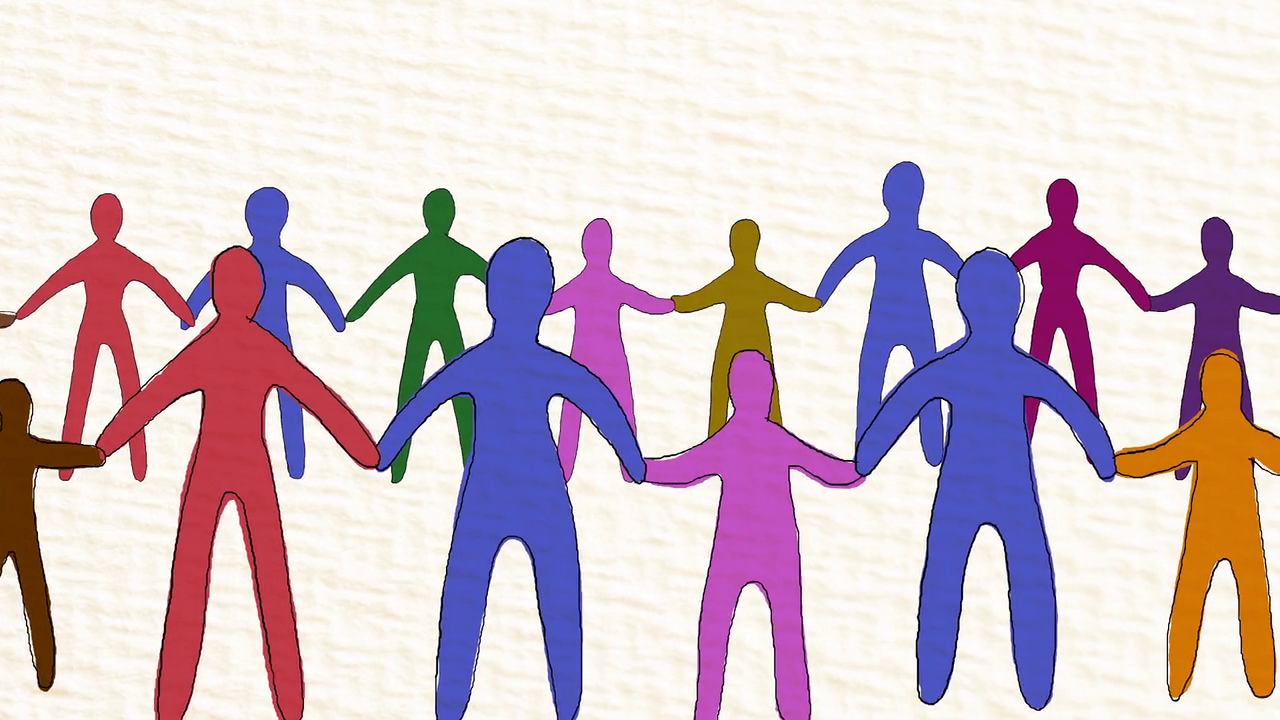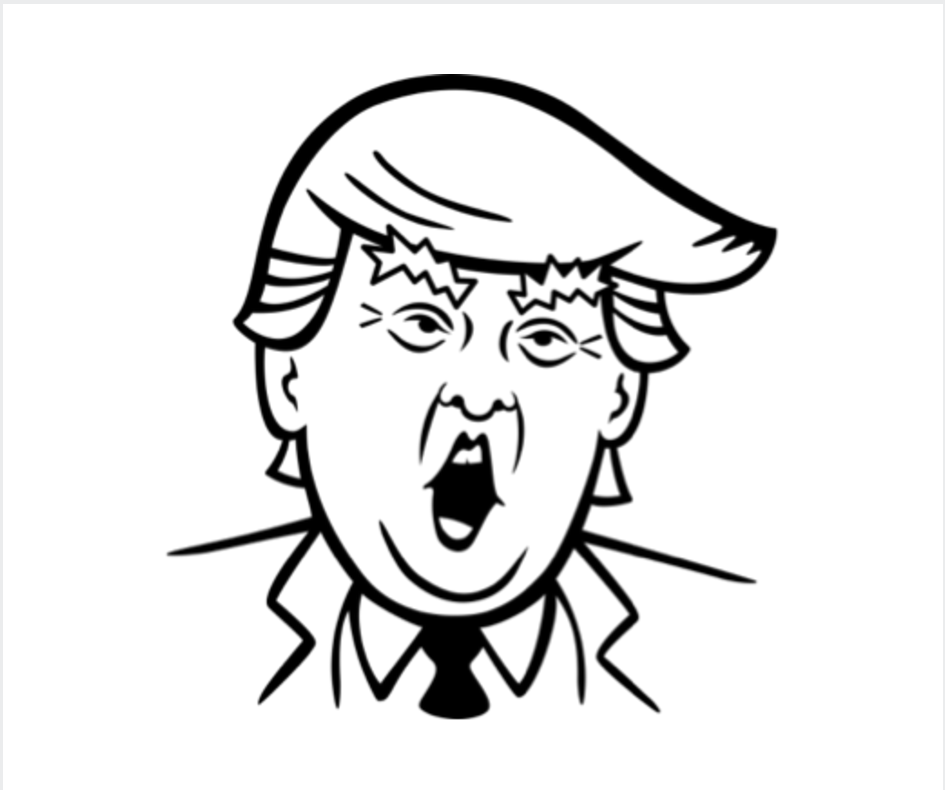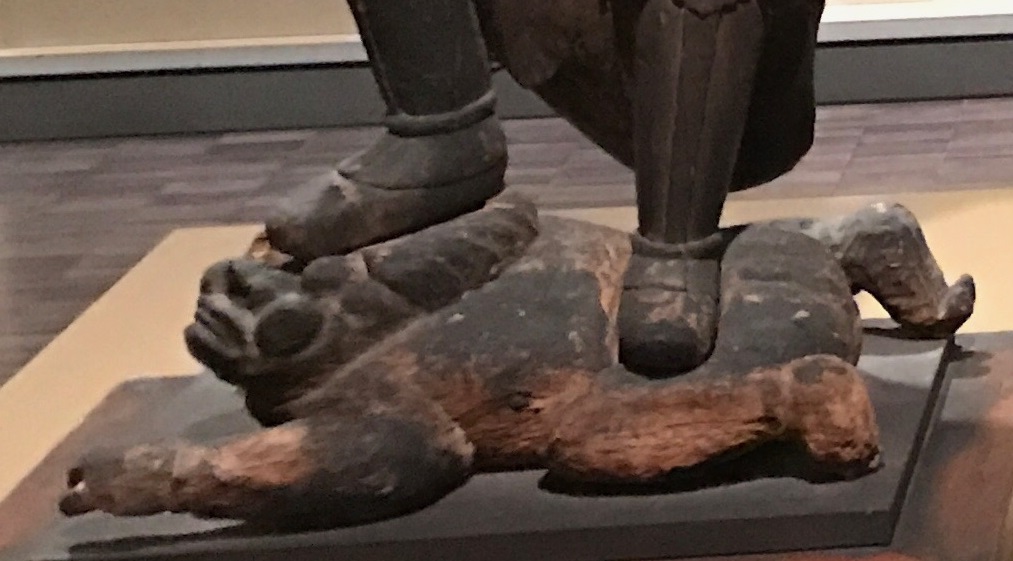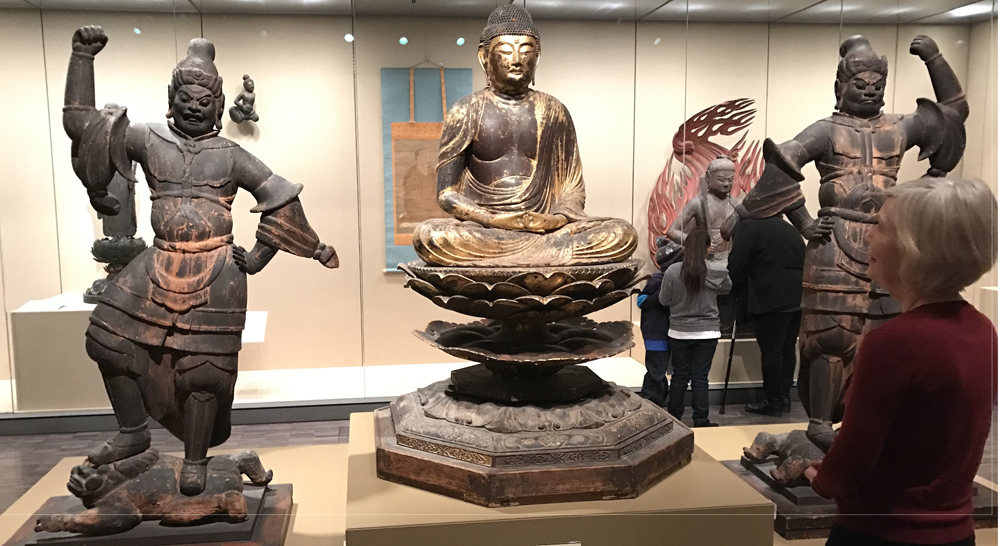The government plays two important roles in making sure our economic system reduces the greenhouse gas emissions that are overheating the planet to dangerous levels. One is to educate people about how burning fossil fuels causes air pollution and global warming, so that they change their behavior to care for the environment. Two is to set standards so that companies provide greener products, such as more fuel-efficient cars. This could also be achieved by raising the price of oil, coal, and natural gas to include the social costs of carbon emissions, that is, the harm done to the environment and people’s health from burning fossil fuels. However politically it seems easier to pass regulations than taxes, and so mandating fuel efficiency standards for vehicles is a critical part of what government must do, at the national level and in California.
Transportation is the single largest source of GHG emissions in California. With low gasoline prices, Californians have been buying SUVs and pick-up trucks. Automobile manufacturers like the high-profit SUVs and pick-up trucks, rather than the low-profit electric vehicles, hybrids, and smaller cars. In 2015, there were 80% as many pick-up trucks and SUVs as smaller cars registered in California. Car ads glorify the power and comfort of the larger vehicles to entice consumers to buy them. Then the auto companies say that they cannot meet fuel efficiency standards because consumers want larger vehicles with low fuel efficiency. This becomes a chicken-and-egg problem, as consumers respond to advertising and low gas prices and then buy less-efficient SUVs and pick-ups. Then government must make stricter regulations, and the companies push back harder.
Average fuel efficiency of new vehicles reached 25 mpg in 2014, up from 21 mpg in 2008. Then the average fuel efficiency has stagnated for the past three years. Emissions from transportation did not decline over the 2011-20114 period (latest data) as the economy recovered.
We want everyone to ponder the problems they are causing with each gallon of gas, which is putting an average of 250 grams/mile of CO2 into the atmosphere in California (and even more in other states without California fuel standards).
What new vehicle you buy makes a big difference to how much you are polluting the air. If you buy the popular Honda CR-V with 27 mpg (miles per gallon), you are polluting 70% more than if you buy a hybrid Toyota Prius with 46 mpg. If you buy an electric Chevy Bolt with 119 MPGe, then you are polluting only 40% as much as with a Prius, and your emissions drop to zero if you use renewable electricity to charge your car. If you buy a pick-up truck or minivan with 22 mpg (or worse), you are polluting 20% more than the Honda SUV. Your vehicle is adding carbon to the atmosphere, and your choice about which vehicle to buy and how many miles to drive make a big difference. Your driving style also matters. Eliminating aggressive driving and speeding can improve fuel efficiency and reduce driving emissions by 10%.
The government’s fuel efficiency standards are a critical part of the United States’ commitment to reducing greenhouse gas emissions. If consumers continue to buy larger SUVs and pick-ups, then the fuel efficiency standards become even more important in ensuring that manufacturers are providing vehicles that will reduce carbon emissions, including electric vehicles. Hopefully consumers will learn that electric and clean energy vehicles are important to people’s health and safety, and to the survival of our planet for future generations.
References
http://www.fueleconomy.gov/feg/Find.do?action=sbsSelect
https://www.arb.ca.gov/msprog/clean_cars/ldv-ghg-tar.pdf
http://www.energy.ca.gov/almanac/transportation_data/summary.html
http://umich.edu/~umtriswt/PDF/UMTRI-2016-7.pdf
